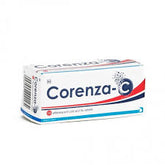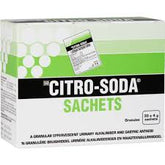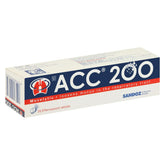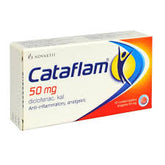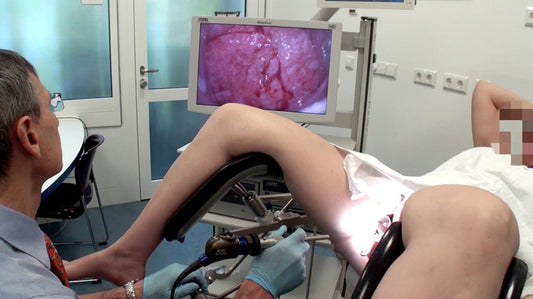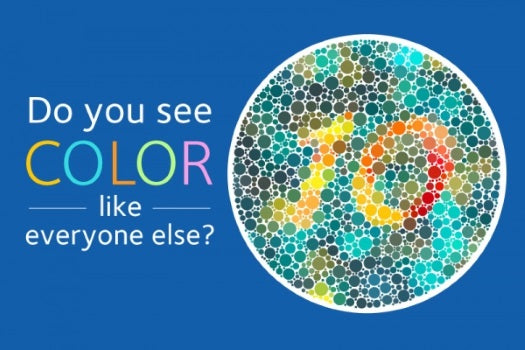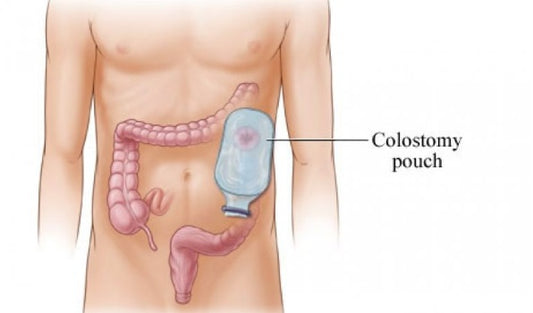featured Confusion (sudden)
On by ZimSeller Pharmacy 0 comments
Complementary and alternative medicine
On by ZimSeller Pharmacy 0 comments
Common cold
On by ZimSeller Pharmacy 0 comments
Coma
On by ZimSeller Pharmacy 0 comments
Colposcopy
On by ZimSeller Pharmacy 0 comments
Colour vision deficiency (colour blindness)
On by ZimSeller Pharmacy 0 comments
Colostomy
On by ZimSeller Pharmacy 0 comments




